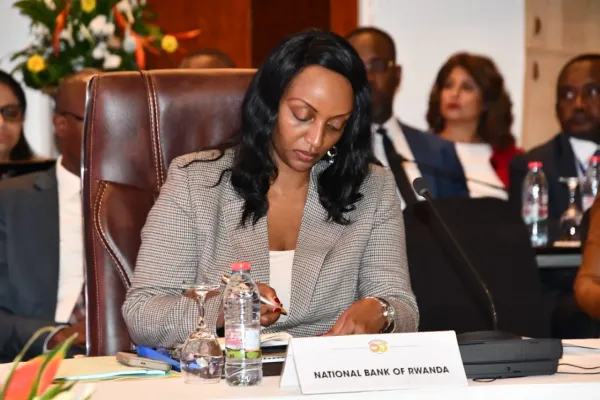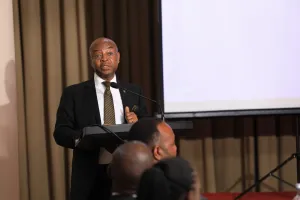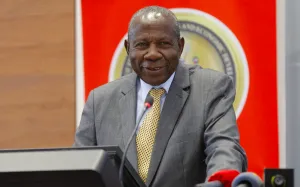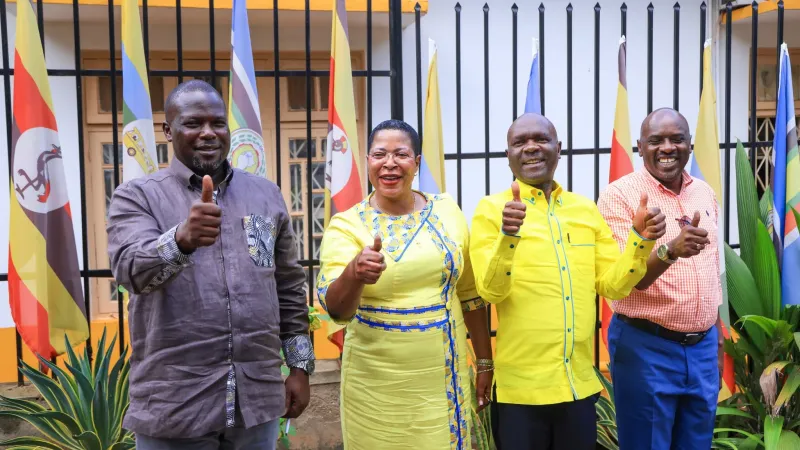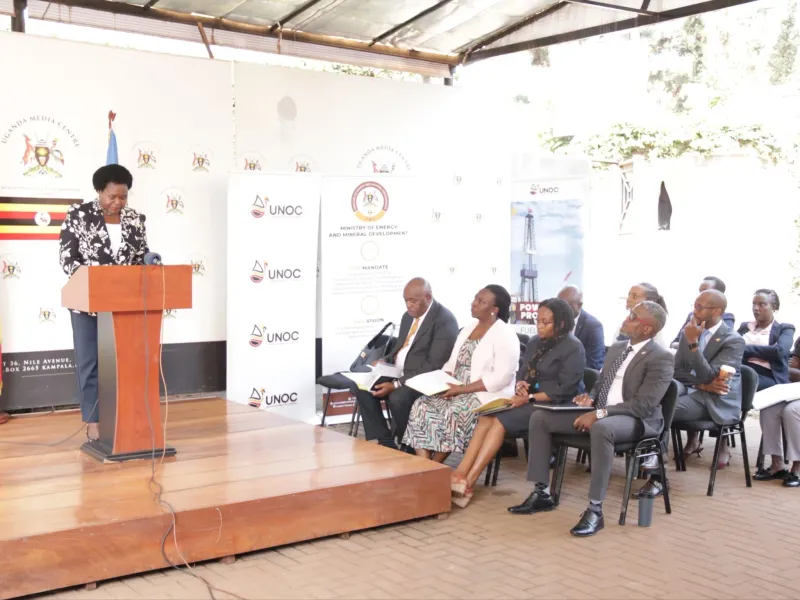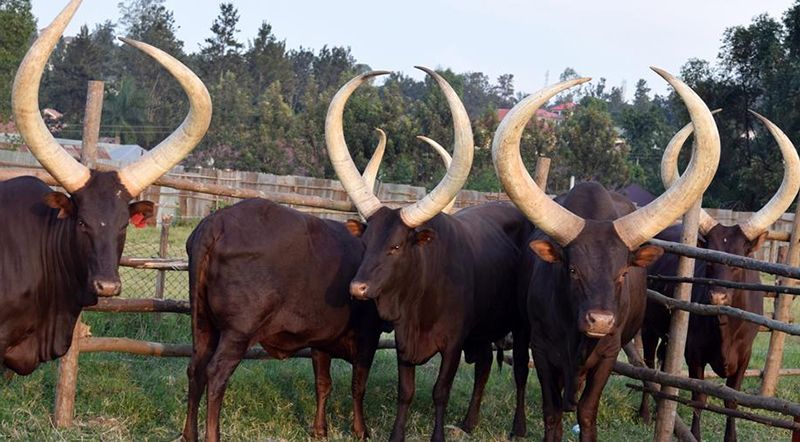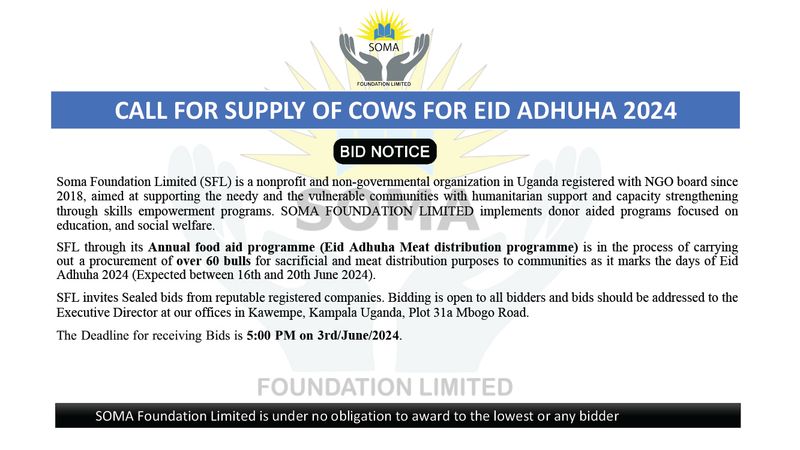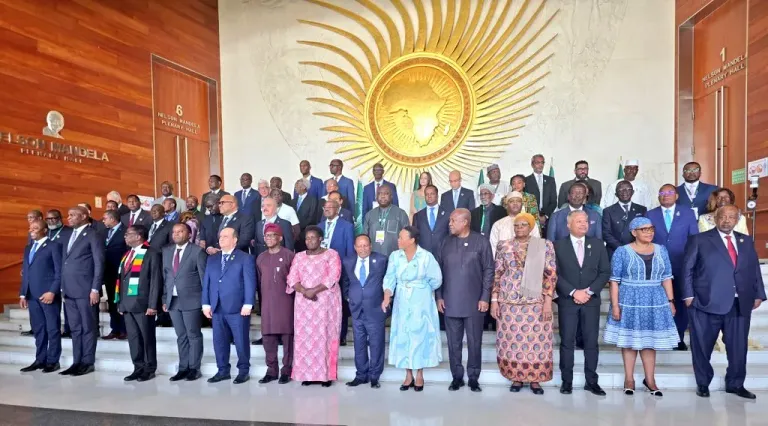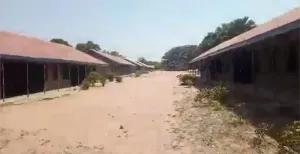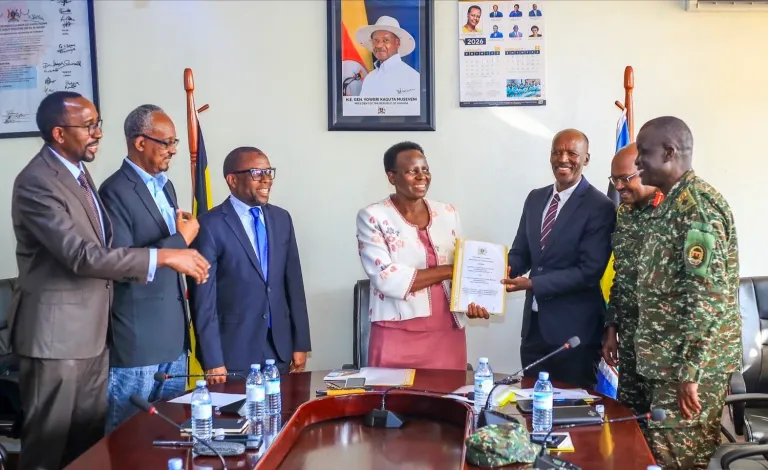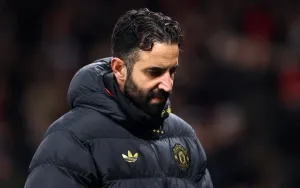Latest News
latest
- Govt Orders Car Dealers to Vacate Road Reserves
- Uganda Evacuates 43 Students from Iran
- Museveni Pledges Shs5bn to Creatives at Jazz with Jajja, Calls on Youth to End Poverty
- UAE Intercepts Missiles as Iran Tensions Escalate, Governments Issue Travel Advisories
- Uganda Airlines Suspends Dubai Flights as UAE Closes Airspace Amid Escalating US-Iran Conflict
- Rotary Cancer Run 2026 Launched in Uganda
- UCAA Leads Aviation Staff Training to Prevent Travel Document Fraud in Uganda
- UNEB Final Call: Submit 2025 Senior Three Term III CA Scores by 28 February 2026
- Rwanda Moves Closer to Digital Currency Launch With 12-Month e-Franc CBDC Pilot
- Charlene Ruto Meets President Museveni in Uganda to Boost Youth Investment and Value Addition
- Mandela National Stadium Renovation Underway Ahead of AFCON 2027 in Uganda
- Uganda Digital Payments Grow 28% as Bank of Uganda Explores CBDC and Boosts Digital Commerce




